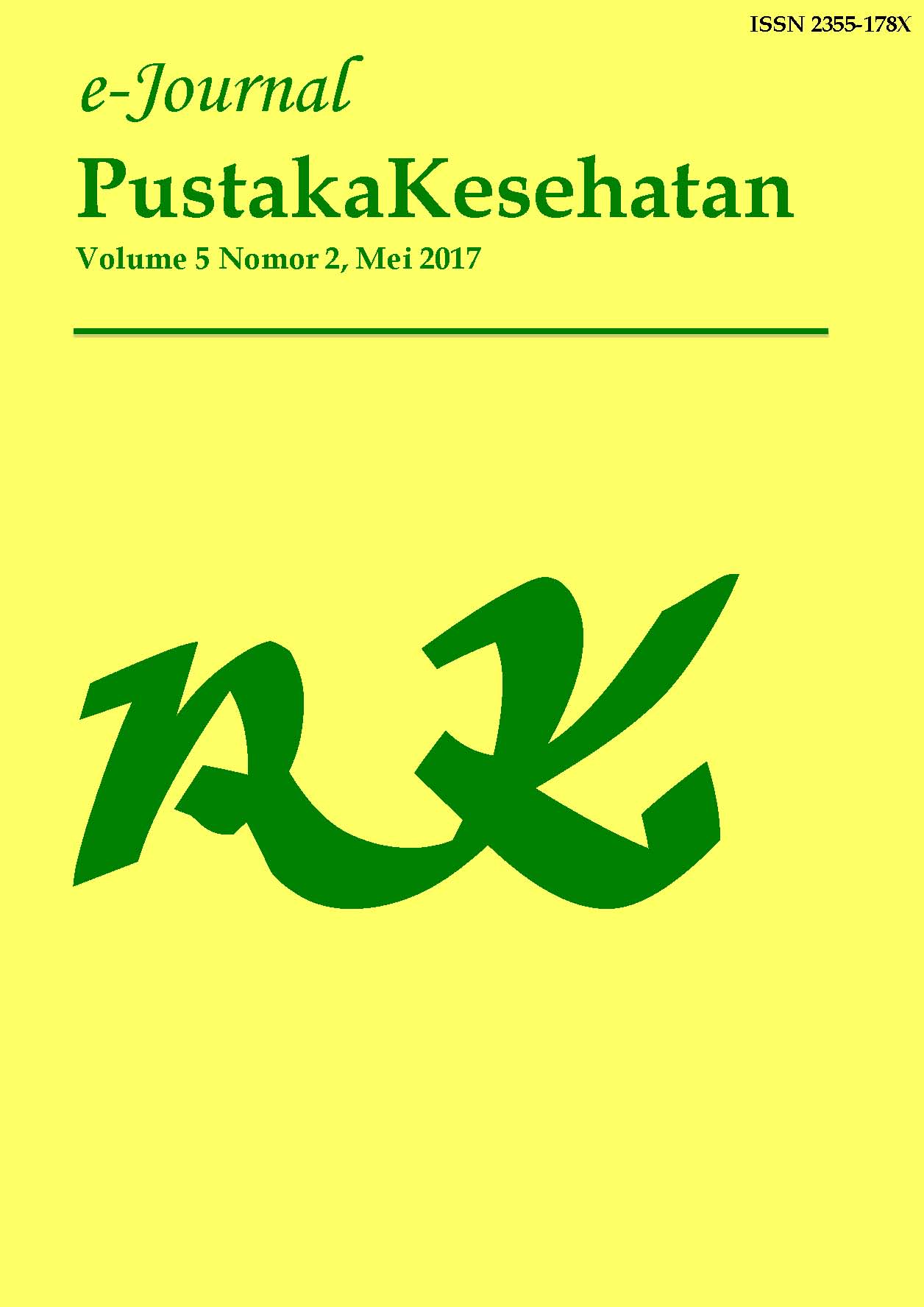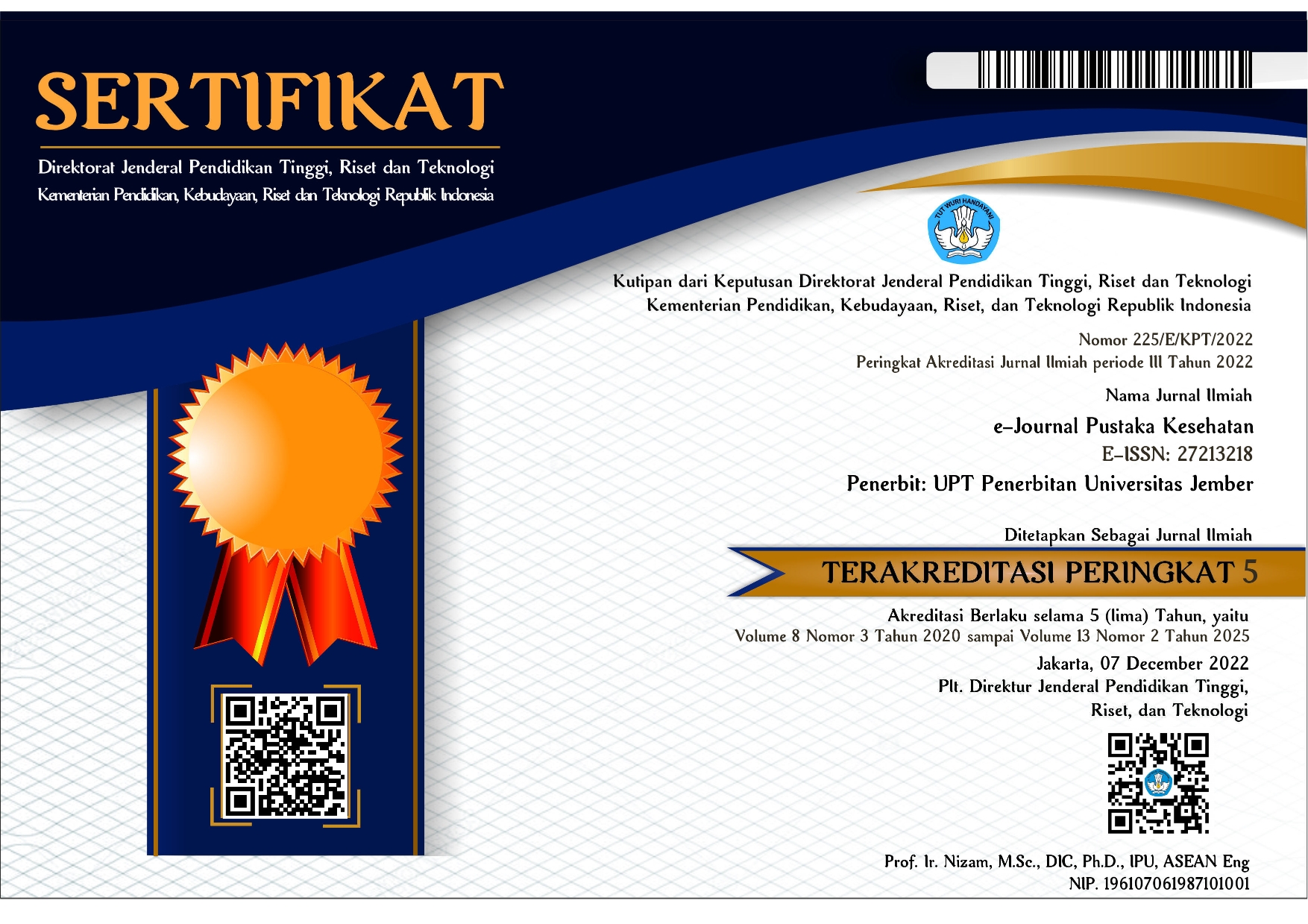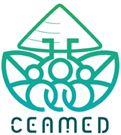Pengaruh Terapi Tawa terhadap Kualitas Tidur pada Lansia di Unit Pelayanan Teknis Panti Sosial Lanjut Usia (UPT PSLU) Kabupaten Jember (The Effect of Laughter Therapy on Sleep Quality of Elderly in Long-Term Care Jember)
Abstract
Age is a factor that can influence sleep quality. Sleep quality decreases with aging and the complaints
of sleep become common among elderly. This study aimed to analyze the effect of laughter therapy on
sleep quality of elderly in Long-Term Care Jember. The design of study was randomized control group
pretest-posttest design. The sample was 30 respondents, 15 respondents is intervention group and 15
respondents is control group. Sleep quality was measured by using Pittsburgh Sleep Quality Index
(PSQI). The data were analyzed by t test, Wilcoxon test, and Mann-Whitney test with significance level
of 0.05. The result revealed a significant difference of sleep quality before and after laughter therapy in
the treatment group (p: 0.001), and there was no significant difference between pretest and posttest in
the control group (p: 0.082). Mann-Whitney test showed a significant difference of sleep quality
between the treatment group and the control group after laughter therapy (p: 0.000). The percentage
of elderly sleep quality before laughter therapy in the treatment group that is bad 100%, while after
laughter therapy that is either equal to 100% which means there is an increase in the quality of sleep
of 100%. Percentage of quality sleep before therapy in the control group of poor by 100%, while after a
bad sleep therapy quality percentage is 100%, which means no increase in the quality of sleep in the
control group It can be concluded that there was a significant effect of laughter therapy on sleep
quality of elderly in Long-Term Care Jember. Laughter therapy can be applied to improve sleep quality
in elderly people.
Keywords: sleep quality, elderly, laughter therapy
e-Journal Pustaka Kesehatan has CC-BY-SA or an equivalent license as the optimal license for the publication, distribution, use, and reuse of scholarly work. Authors who publish with this journal retain copyright and grant the journal right of first publication with the work simultaneously licensed under a Creative Commons Attribution-ShareAlike 4.0 International License that allows others to share the work with an acknowledgment of the work's authorship and initial publication in this journal.











